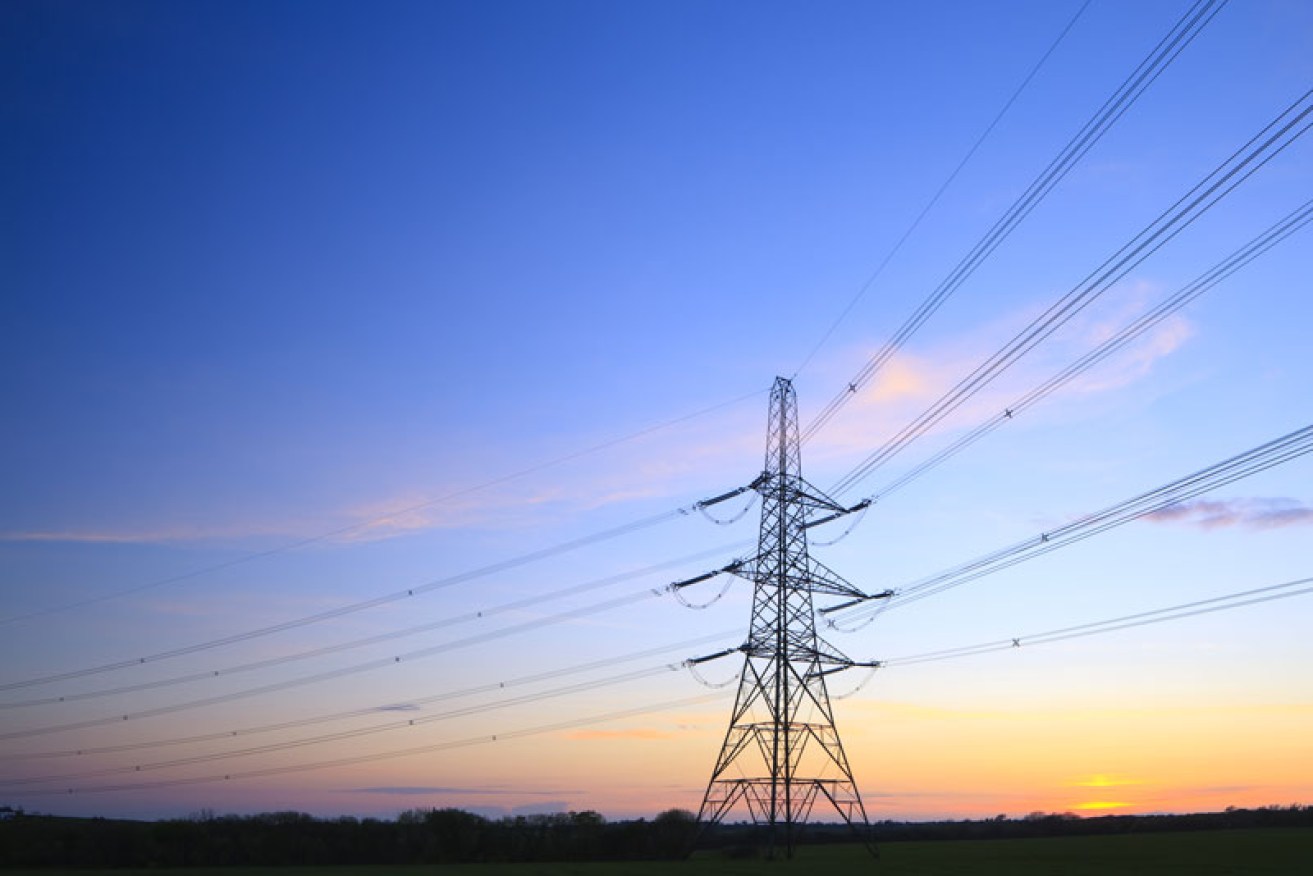Ausgrid tenderer implicated in Panama Papers

Getty
Globally, corporate tax avoidance has reached pandemic proportions.
The leaking of the Panama Papers – documents from just one law firm specialising in the creation of offshore company structures used to shuffle profits outside the reach of the tax man – is just the latest revelation to shake community confidence in the actions of big business.
Closer to home, other stories have been equally shocking. In recent weeks the corporate regulator accused several major banks of rate rigging, the head of the ASX stood down over bribery allegations, and the Australian Tax Office revealed Australia’s 321 wealthiest private companies had paid just $2 billion in tax on a combined turnover of $145 billion.
• ‘Whyalla Wipeout’ looms years after death of carbon tax
• Bring on sugar tax: diabetes expert
• Investors jump back into housing
The response from politicians and business advocates has predictably focused on treatment: greater transparency, regulation and enforcement.
But as any doctor will tell you, prevention is always better than a cure.

CK Hutchison Holdings Limited and Cheung Kong Holdings Limited chairman Li Ka-shing started Cheung Kong Industries in the 1950s as a plastics manufacturer. Photo: AP
Australian governments continue to do business with known tax avoiders, awarding them lucrative contracts and selling them public assets.
By not paying their fair share of tax, these companies are put at a distinct competitive advantage over more reputable businesses, allowing them to pay higher prices for assets or charge lower fees for services.
This regulatory failure is perhaps clearest in the nation’s energy sector. The two major owners of electricity distribution businesses in Victoria and South Australia – Spark and Cheung Kong Infrastructure – have both been taken to court in recent years by the ATO over their aggressive tax minimisation strategies.
Spark was ordered to pay hundreds of millions of dollars in relation to over-claiming deductions on loans, labour costs, motor vehicle costs, and customer rebates.
Cheung Kong Infrastructure, listed on the Hong Kong stock exchange but incorporated in the tax haven of Bermuda, is owned by Asia’s richest man, Li Ka-shing.
In 2013, the ATO took Cheung Kong to court, arguing two related companies owed almost $400 million in taxes from their Australian electricity business. The case eventually settled with the company paying an undisclosed sum, reported to be as little as 10 per cent of what the ATO was chasing.
The Panama Papers leak revealed Cheung Kong had tasked lawyers with creating a string of interconnected subsidiaries in Panama and the British Virgin Islands as part of their tax avoidance measures.
Despite all this, Cheung Kong remains one of two bidders seeking to take control of the largest electricity distribution business in New South Wales, Ausgrid. The other, State Grid Corp, is owned by the Chinese government, itself the focus of major corruption scandals in recent times.

There are two tenderers bidding on NSW’s Ausgrid, one is Cheung Kong. Photo: AAP
This sale process offers the NSW government a prime opportunity to be part of the solution on multinational tax avoidance, but so far Premier Mike Baird and Treasurer Gladys Berejiklian seem intent to follow in the footsteps of past privatisations where the issue was wilfully ignored.
A number of tools are available that could not only protect taxpayers, but also send a powerful message that Australia does not welcome unethical business practices.
Firstly, the past record of bidders should be examined as part of the privatisation process.
Bidders should be forced, through legally binding guarantees, to ensure they will not use complex trust structures, stapled securities, and offshore entities to avoid their tax obligations.
The involvement of the ATO should also be sought, ensuring that the final decision on any sale is based on the long-term interests for consumers and taxpayers, rather than just the sale price.
Where a potential bidder refuses to agree, they should be dumped from the sale process.
Privatised electricity assets in Victoria and South Australia have already resulted in billions of dollars in minimally-taxed and even tax-free profits being siphoned into the pockets of overseas investors.
At a time of alleged “budget emergency”, when essential services like health and education are coming under sustained attack, this long-term undermining of our nation’s corporate tax revenue is extremely negligent.
For a public who have had their confidence in the corporate world shaken in recent years, governments using their financial clout to drive improved behaviour would be a welcome step.
After all, every tax dollar misappropriated by multinationals or Australian corporations is a dollar stolen from the Australian people.







